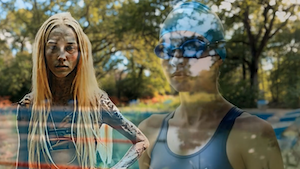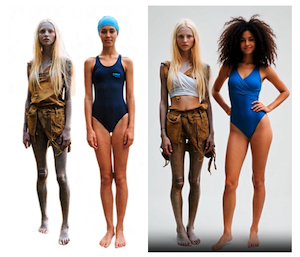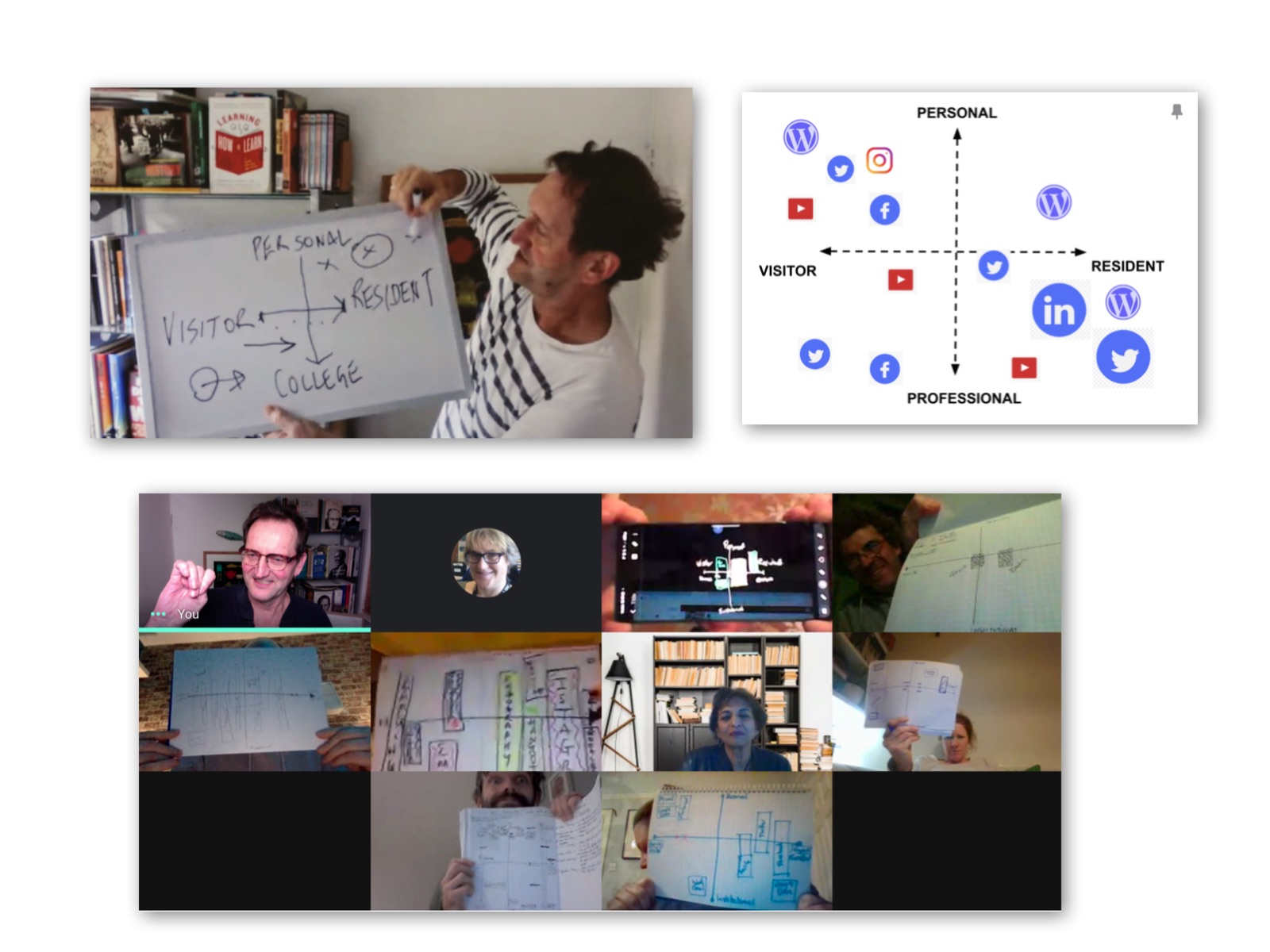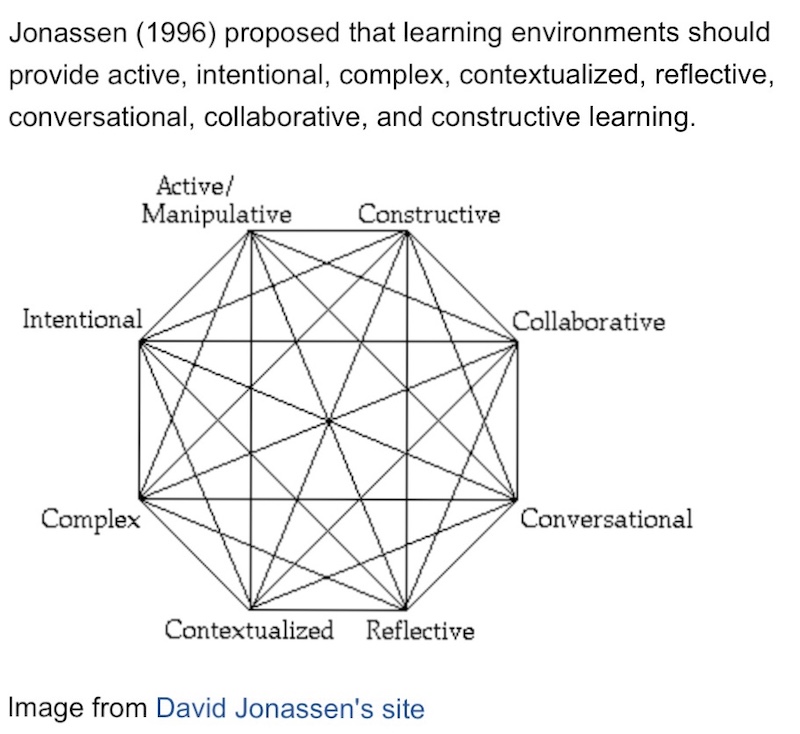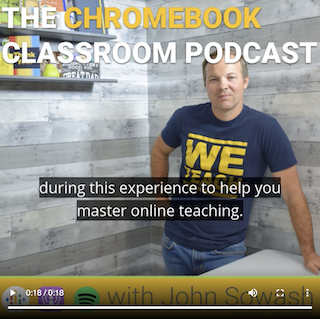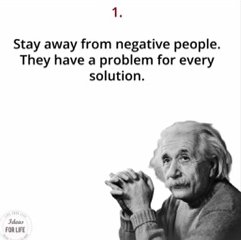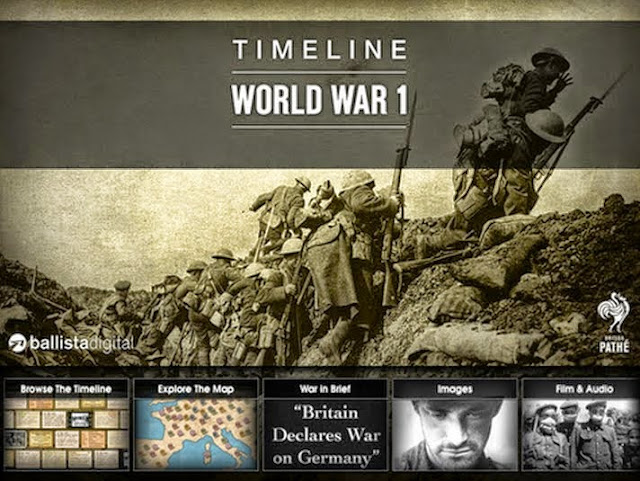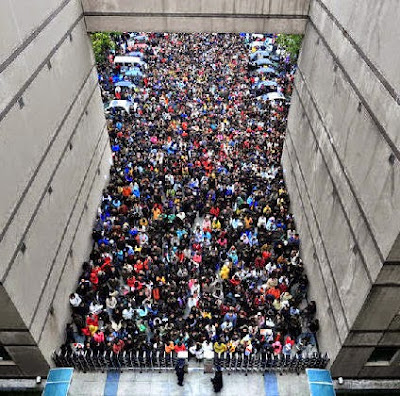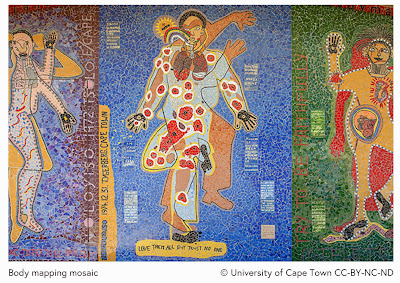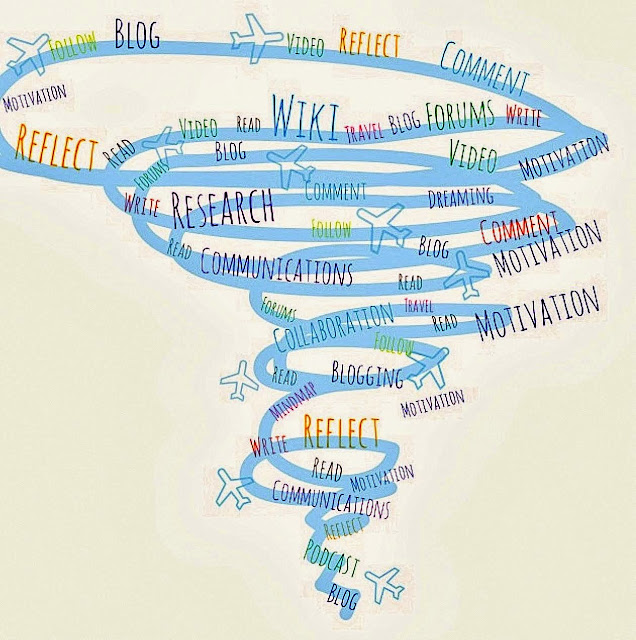Ideas that are encouraged to fester mature at the most inconvenient of times
Often I find that I am up in early and keen to put my thinking into practice
Currently I am trying to develop a simple notation to show, share, explain and develop online courses. During the MAODE I completed in 2013 we often used flowcharts, one with an OU software package - these could become a bit tricksy. My answer was to set up plans of MDF shelving in the garden and get out a chess set to try and show the relationships between the required components.
Common thinking is that there are three parts to creating online learning: technical, human support and, of course, us students. Technical means the platform, its ease of access and intuitive use; human support means, in the case of The OU, the course chair, associate lecturer and us student (those who are familiar with the setup and the subject matter are encouraged to, and enable to help newcomers to the ways things are done, and to the subject when you get stuck).
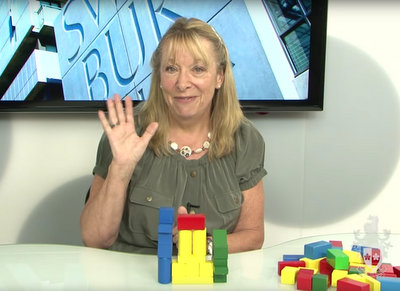
Prof Gilly Salmon talks us through 'the building blocks' of an online course
Of note is a short, charming and engaging presentation made by former OU Business School Senior Lecturer, and now Prof Gilly Salmon at Swinburne University in New South Wales. Here, like a Blue Peter presenter, she uses a set of kid's coloured building bricks to talk us through the components required to make an online course (OU style) that works.
How Gilly Salmon uses green, yellow, blue and red building blocks to show how to plan an online course.
Green = Technical
Yellow = The students or 'learners'
Blue = Human support (i.e. in OU Land the 'associate lecturer')
Red = Assessment
As I am trying to develop a shorthand, language or 'notation' to be able to compare and create online course, I invested in my own set of building bricks. Once again I set up a length of MDF in the garden to play around with ways to communicate the nature and order in which these components appear.
The results have been enlightening.
It is extraordinary what happens when you start to get stuff out of your head, and especially valuable not to be confined by the parameters of a piece of software: it is so easy, and so necessary, when thinking things through to be able to play around with the pieces.
Gilly Salmon's 'Five Stage Model' revisited

Gilly Salmon's 'Five Stage Model' for e-learning using the bricks she used in her seminal video
For simplicity's sake, let's say that this 'Five Stage Model' is for a five week module from the OU.
The bottom row of green bricks represents the Learning Management System (LMS) on which the learning appears. The technical side of things includes accessibility, web usability, reliability and good 'design architecture' i.e. it works well, is clear, intuitive, reliable and follows the most common user behaviours for anyone online in 2016.
The middle row of yellow bricks (and one red one) represents learner activities, from a gentle introduction to the platform to engaging in activities, which typically includes nothing more complex that watching a video, reading text and doing research or doing a multiple choice quiz. The red brick represents formal assessment: at The OU, this would be a Tutor Marked Assignment (TMA) or End of Module Assignment (EMA).
The top row of blue bricks represents the human interface between the students and the education institution, in this case The OU. Here, typically, we are talking about live and as live contact via various platforms, though it can include phonecalls, 'online hangouts' and even a residential component to the course. At The OU there is an assigned Tutor or Associate Lecture who 'handles' a group of 8-12 students. It is this practice that is impossible to scale when it comes to Massive Open Online Courses (MOOCs). You cannot employ 2,000 tutors to manage 16,000 to 24,000 students. Some MOOCs of many more participants than this!
It is this component too that is increasingly blended into, or comes out of the technical side of things, or from the students themselves. Firstly, increasingly detailed and easy to use Frequently Asked Questions (FAQs) answer typical enquiries that students have, increasingly the ease of use of a platform is such that little to no support from the 'team' or 'Technical Help Desk' is required. At the same time, students are formally enrolled to conduct 'peer review' and when several do this for each submitted assignment a grade is come to in this way. The degree of student interaction, and the benefits of collaborative knowledge construction through this, is far harder to get going and sustain without the proactive role of the tutor or a moderator. When 'classes' are smaller, MA and PhD students are sometimes given a role to act as a catalyst for engagement and to answer enquiries and deal with some problems.
My own take on the 'lay-out' of a 'typical' MOOC is pedagogically different.
I believe that 'assessment', of the micro-quiz and multiple choice variety, is a crucial component of e-learning. This is engagement that obliges participants to think, even to struggle and repeat parts of the content, until the knowledge that matters begins to stick. Gilly Salmon's model is one for 'distance learning' while today, especially the MOOCs coming from Coursera, test you from the start. This might be as simple as interrupting a six minute video piece with a two question 'quiz'. I liken this to a teacher in class pausing, putting a question then taking an answer from one of the raised hands, or picking someone out. It makes you aware that you need to listen. You want to get these questions right even if they don't count towards anything. It is a form of light gamification, while also preparing you for an 8 or 10 or more part set of questions at the end of a component of the learning where the answers need to be right, and are based on these earlier interjections. It matters that these are a genuine challenge, that the pass mark is 80%. An easy ride isn't one that leaves you with much recollection of what you have been studying. A tough ride, as I find, and applaud, however frustrating, requires you to do a the week (typically a couple of hours) over, and sometimes over again ... until you can pass.

Jonathan Vernon's take on phases of the ideal 'Massive Open Online Course' where constant assessment is key
Here, drawing on the wide variety of online courses I have done: creative writing, photography, web science, language learning, history, psychology, medicine and the arts, climate change and more, I have tried to envisage an ideal format. Of course, subject matter, subject level and other criteria would immediately causes adjustments to this.
My five phases are:
Technically the platform needs to be solid. This technical side now encroaches on student support, not just from FAQs, but other ways the content and technology can step in to do what a person would have done in the past (and still does in blended courses). There might be video, there might even be some kind of AI to nurture some of the many thousands of students taking a MOOC. There is some kind of testing from the start. This might be nothing more than a check that students have understood some components of the introduction, but it gives them a taste of things to come; they will be doing these 'quizzes' regularly. If interaction between students can be encouraged then here, as early as possible, they need to be online in a 'social' like environment.
The second phase gentle eases students into learning proper. The technology is a solid 'bridge' into the content. Support is done through the platform for the most part rather than needing to call on a person. With many thousands on a course in many times zones around the globe how can a call centre of technical people be expected to be available?
The second phase repeats the second with more learning: the yellow brick. And a touch more testing.
With phase three we are up and running: support for activities, which can be as inventive as the course creators want and the technology and budget permits. Content is delivered in a variety of ways and testing continues in a style and manner that by now, if not a little later, will be formal, requiring an 80% pass rate.
Phase five, which segues into a phase six of sorts, is crunch time: formal assessment with a tough, longer quiz that has built on previous ones and a peer reviewed written assignment too. These need to be constructed with extraordinary skill and care given that students will be marking each other's work, and where many, if not most, will not have English as their first language. As well as testing there should be a chance here to gather one's thoughts, to reflect and even go over some of the learning in the course.This might also be the time for those who have become friends during the course to pick up the conversation on Facebook or in a LinkedIn group. It may also be the moment when you buy 'the book' on which the course was based, or sign up for the next module in the series.
In future posts I will use this approach to 'strip down' and re-assemble a number of MOOCs. For example, 'Learning How to Learn' from Coursera written and presented by Barb Oakley. I should also look on MOOCs I have done on Search Engine Optimisation (SEO), on Photography and a variety of other subjects.
